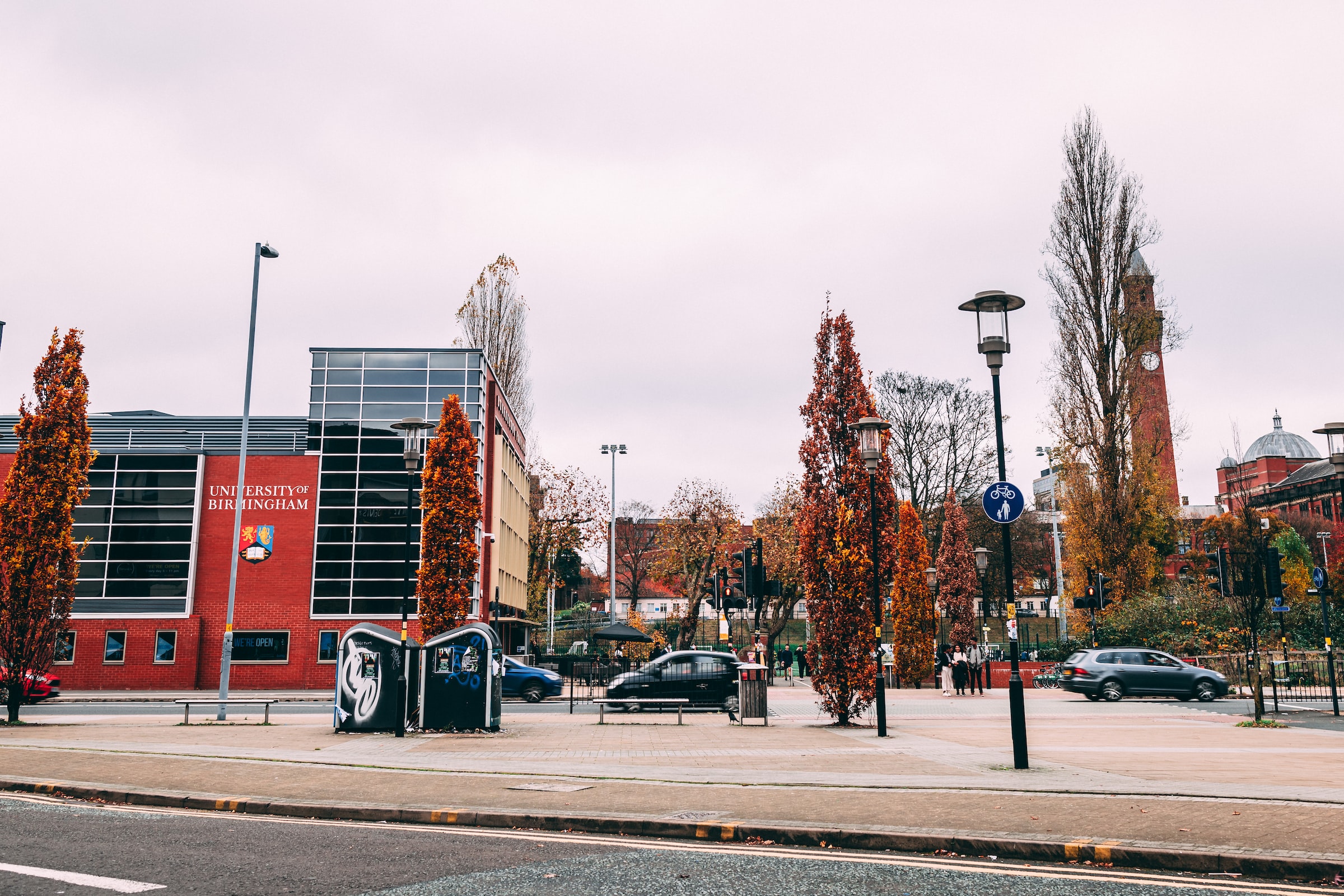
Comment Editor Chelsie Henshaw reflects on the very public outing of racist comments from a student at UoB, suggesting that this is a counterproductive reaction
Recently, due to the media traction gained from the murder of George Floyd, the Black Lives Matter movement has come to the forefront of the media and has led to many instances of racism being exposed. One example of this which is known to many University of Birmingham students, is the screenshots of a group chat that were shared onto the Facebook page Fab ‘n’ Fresh. However, the question that we must ask ourselves, is whether naming and shaming serves to make any positive changes?
There are some positives to naming and shaming. Primarily, it allows us to hold people accountable for their actions. People have a right to know the truth about the integrity of others and naming and shaming can bring to light many issues. Many may say we deserve to know who holds questionable views among us. It can also lead to some positive action, for example, Munroe Bergdorf publicly outed Baroness Nicholson for her derogatory comments about trans people and garnered a large amount of support for trans rights. However, this raises the question of whether it is different naming and shaming people in the public eye as opposed to those who live ‘normal’, everyday lives. Nicholson chose to enter a role that puts her under scrutiny. Not only that, but she publicly posted her seemingly tasteless comments online and so they were already in the public domain. Arguably, this situation is largely different from that of the student at UoB who was exposed on Fab ‘n’ Fresh from group chat messages.
Now do not get me wrong, I completely condemn what I believe to be his disgusting comments and think he should be held accountable for these. However, what does naming and shaming in this situation really achieve? These comments, although completely wrong, were presumably not meant for everyone to see, and surely sharing these comments only creates more hurt and hate. I understand that a lot of people would argue that seeing these comments is important, but it does seem necessary to name certain students. Naming and shaming only serves to elicit more hate and often violence, this time directed at the perpetrator. For example, many have shared screenshots of the racist messages, alongside a screenshot with the student’s profile. One particular Twitter user captioned this screenshot with ‘happy hunting everyone’, but all this does is feed into an already hateful situation.
Naming and shaming only serves to elicit more hate and often violence, this time directed at the perpetrator
Again, the comments were horrific, but we want people to learn from these. If the student is consistently berated by others, will they ever change their views, or will this only solidify them? We cannot preach love and positivity if we are aggressively criticising another student. This seems counterintuitive. By all means, let us expose the racist comments, but leave names out of it. Exposing the comments will likely make the student take a long hard look at their actions. However, publicly outing them will only make them feel trapped and more reluctant to change.
Realistically, I doubt that publicly shaming a student will have a significant impact on the BLM movement, but it will almost certainly have a very large impact on the student at hand. This outing will damage their reputation for the rest of their lives, they could be turned down from jobs purely due to a comment they made in 2017. I am not trying to trivialise these comments, but we cannot expect people to move forward and become better if they are still being reminded of their past. The aim of BLM seems to be to educate and promote personal growth: we want people to learn about racial injustices and take a look out how they could be perpetuating these. But naming and shaming seems to prevent personal growth, because how can someone change their opinions and learn from their actions if they are publicly being dragged through the mud?
I doubt that publicly shaming a student will have a significant impact on the BLM movement, but it will almost certainly have a very large impact on the student at hand
Personally, I think that naming and shaming only feeds into further polarisation of issues. We want people to feel they can change and support the movement in light of learning more. Yet if we shame them, they are less likely to change. People need to be given the space to educate themselves in order to change their opinions and in shaming their current opinions, I believe we only fuel anger and debate, furthering the divide. Whilst these comments are awful, they should not define someone. There is no apparent benefit of naming and shaming to BLM; it just seems cruel and counterproductive. Essentially, I think we should give people room to grow and change before deciding to name and shame them, thus throwing hatred their way.
More from Comment:
Could the Black Lives Matter Movement Ruin Trump’s Chances of Re-Election?
The Battle With Tradition: Black Lives Matter in Rural Britain
Protesters Toppling Statues: Rewriting our History or Redefining our Pride?
Comments